Too Afraid of Life or Splat (1988)
Genre : Drama, Comedy
Runtime : 1H 32M
Director : Juan Carlos Tabío
Synopsis
A superstitious middle-aged woman falls in love with a taxi driver, while trying to learn the identity of the unseen person tossing eggs at her.
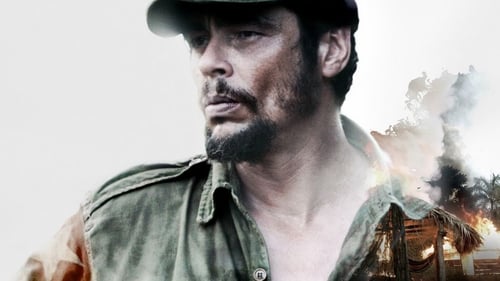
The Argentine, begins as Che and a band of Cuban exiles (led by Fidel Castro) reach the Cuban shore from Mexico in 1956. Within two years, they mobilized popular support and an army and toppled the U.S.-friendly regime of dictator Fulgencio Batista.

Cab driver Max picks up a man who offers him $600 to drive him around. But the promise of easy money sours when Max realizes his fare is an assassin.
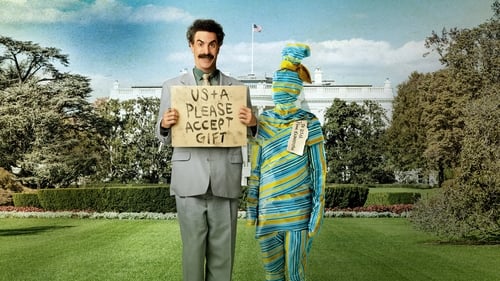
14 years after making a film about his journey across the USA, Borat risks life and limb when he returns to the United States with his young daughter, and reveals more about the culture, the COVID-19 pandemic, and the political elections.
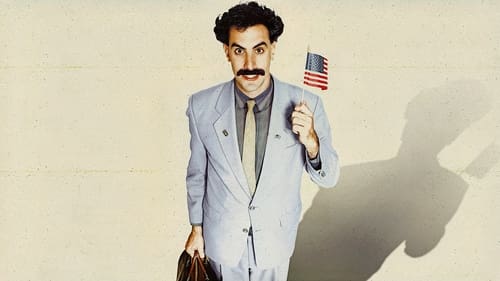
Kazakh journalist Borat Sagdiyev travels to America to make a documentary. As he zigzags across the nation, Borat meets real people in real situations with hysterical consequences. His backwards behavior generates strong reactions around him exposing prejudices and hypocrisies in American culture.
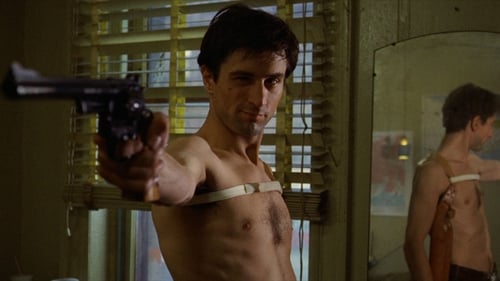
A mentally unstable Vietnam War veteran works as a night-time taxi driver in New York City where the perceived decadence and sleaze feed his urge for violent action.

In Marseilles (France), skilled pizza delivery boy Daniel who drives a scooter finally has his dreams come true. He gets a taxi license. Caught by the police for a huge speed infraction, he will help Emilien, a loser inspector who can't drive, on the track of German bank robbers, so he doesn't lose his license and his dream job.

Inspired by actual events, a group of fame-obsessed teenagers use the Internet to track the whereabouts of famous celebrities, then rob their homes of riches.
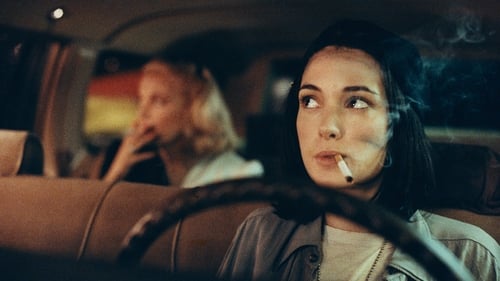
An anthology of 5 different cab drivers in 5 American and European cities and their remarkable fares on the same eventful night.
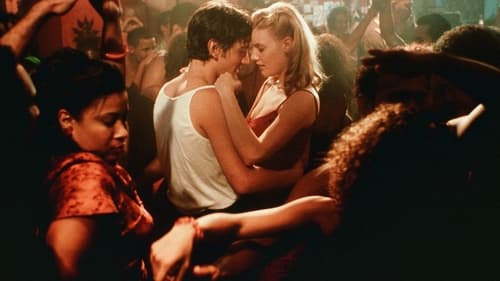
In pre-revolution Cuba, Katey Miller is about to defy everyone's expectations. Instead of a parent-approved suitor, Katey is drawn to the sexy waiter, Javier, who spends his nights dancing in Havana's nightclubs. As she secretly learns to dance with Javier, she learns the meanings of love, sensuality and independence.

A man awakens from a coma, only to discover that someone has taken on his identity and that no one, (not even his wife), believes him. With the help of a young woman, he sets out to prove who he is.
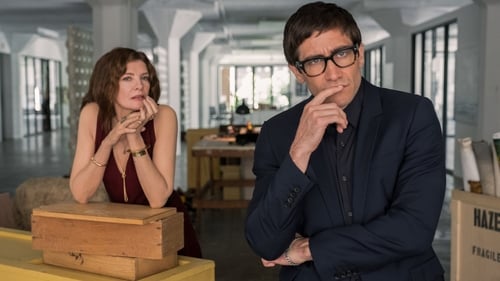
Big money artists and mega-collectors pay a high price when art collides with commerce. After a series of paintings by an unknown artist are discovered, a supernatural force enacts revenge on those who have allowed their greed to get in the way of art.
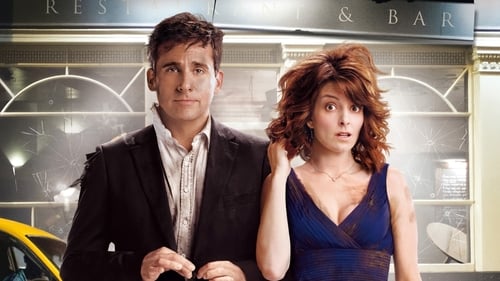
Phil and Claire Foster fear that their mild-mannered relationship may be falling into a stale rut. During their weekly date night, their dinner reservation leads to their being mistaken for a couple of thieves—and now a number of unsavoury characters want Phil and Claire killed.

Flamboyantly gay Austrian television reporter Bruno stirs up trouble with unsuspecting guests and large crowds through brutally frank interviews and painfully hilarious public displays of homosexuality.
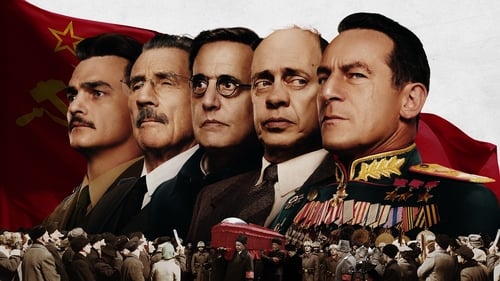
When dictator Joseph Stalin dies, his parasitic cronies square off in a frantic power struggle to become the next Soviet leader. As they bumble, brawl and back-stab their way to the top, the question remains — just who is running the government?
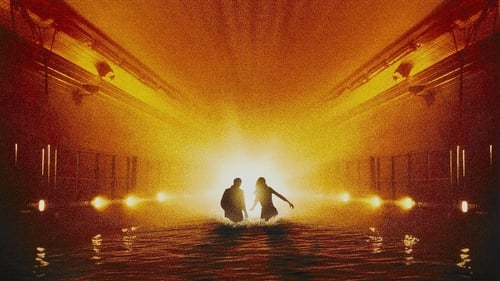
A group of armed robbers fleeing the police head for the New Jersey Tunnel and run right into trucks transporting toxic waste. The spectacular explosion that follows results in both ends of the tunnel collapsing and the handful of people who survived the explosion are now in peril. Kit Latura is the only man with the skill and knowledge to lead the band of survivors out of the tunnel before the structure collapses.

Marion and Jack try to rekindle their relationship with a visit to Paris, home of Marion's parents — and several of her ex-boyfriends.
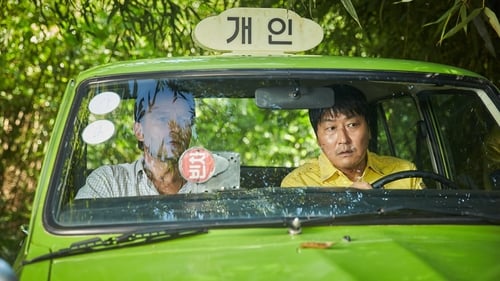
May, 1980. Man-seob is a taxi driver in Seoul who lives from hand to mouth, raising his young daughter alone. One day, he hears that there is a foreigner who will pay big money for a drive down to Gwangju city. Not knowing that he’s a German journalist with a hidden agenda, Man-seob takes the job.
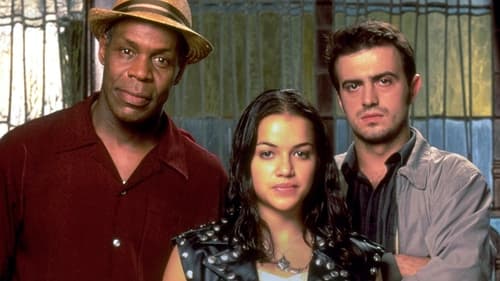
The feature film directing debut of Spike Lee protege Lee Davis takes the viewer into the world of taxi drivers. Developed in the Sundance Laboratory, this film offers dove-tailing stories centering on the lives of individual taxi drivers as they reflect on and experience romance, politics, sociology, and spirituality.

Spanning several decades, this powerful biopic offers a glimpse into the life of famed Cuban poet and novelist Reinaldo Arenas, an artist who was vilified for his homosexuality in Fidel Castro's Cuba.
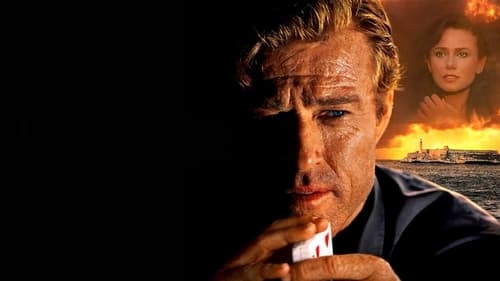
An American professional gambler named Jack Weil decides to visit Havana, Cuba to gamble. On the boat to Havana, he meets Roberta Duran, the wife of a revolutionary, Arturo. Shortly after their arrival, Arturo is taken away by the secret police, and Roberta is captured and tortured. Jack frees her, but she continues to support the revolution.

The plot is situated in Cuba during the early '50s, before the cuban revolution. A prostitute gets in love with a boxer to whom she devotes her life. As the boxer progresses in his career, he gets money and women. The prostitute tries everything to keep him meanwhile her tortured soul sinks deeper and deeper.

The story of students of a high school in Havana in the 60's, where love, politics, and moral contradictions appeared. A shy country boy gets caught between the peer pressure of his buddies and his love for an overweight, strong willed but likable girl.

Story shows the genesis of the career and the rise of Esther the most beloved actress of most popular theater in Havana at the turn of the 19th century.
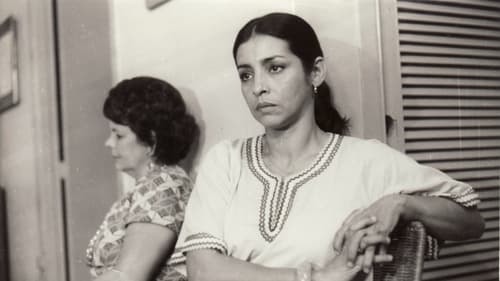
Teresa is overwhelmed: with a husband, three young sons, a job as a crew leader in a textile factory, and volunteer commitments as cultural leader of her union. Her husband, Ramón, wants more of her attention; her feelings are mixed, wanting domestic peace, feeling responsibilities to the revolution, and wanting to control her own life beyond doing dirty dishes. They separate; he begins an affair. When he wants a reconciliation, she asks what his response would be if she'd had an affair too. "But men are different," is his reply. He's failed her test, and to hold on to independence and self-respect, she remains uncompromising and hard-edged.

A pious plantation owner attempts to teach Christianity to 12 of his slaves by inviting them to participate in a reenactment of the Last Supper.

A young man attempts to fight the system in an entertaining account of bureaucracy amok and the tyranny of red tape. Restored by the Academy Film Archive and the Instituto Cubano del Arte e Industrias Cinematográficos in 2019.
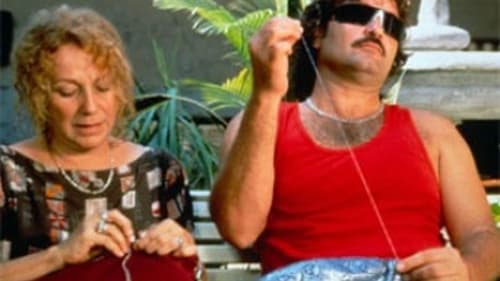
At a rundown bus station in rural Cuba, the line of passengers waiting just keeps getting longer. The problem is that every bus that passes by is already full. Their only hope is to wait for the station's bus to be fixed. As the disparate group settles in, relationships start forming between the passengers: Emilio, a young engineer, becomes smitten with a beautiful young woman who is en route to meet her Spanish fiancé, a blind man gets support from the others to go to the head of the line. Frustration and disorder reign when the one bus brakes down and no one can leave. Resigned to working together, the group magically transforms the station into a beautiful place where no one wants to leave.

Gloria, Yolanda's mother, exchanges their old house in Guanabacoa for a modern apartment in Vedado to keep Yolanda away from her boyfriend, but her plans soon backfire.

A young couple find out that their parents (her father and his mother) are having a romance. A series of problems arise because the young couple can't accept that relationship.

The first gay-themed film produced in Cuba by the Institute of Cinema since Strawberry & Chocolate in 1993. The theme, however, is the same as in Guttiérerez and Tabìo's film: homophobia, machismo and fear. The fatal attraction between Alfredo, a doctor in the merchant navy, and handsome Carlos starts in a rundown Havana bar and ends at the sailor's house. But Alfredo's flirting and seducing of Carlos immediately turns into something complicated, ambiguous, dangerous. In a claustrophobic, tense atmosphere, their bodies are powerfully attracted, and the words, though violent, intensify the level of sensuality. Does each man kill the thing he loves? Evoking dreamlike atmospheres and characters, 80-year-old veteran director Enrique Pineda Barnet openly references Fassbinder's Querelle and Jean Genet. Quite controversial in its approach, the films demonstrates the milder attitude of Raul Castro's regime towards Cuba's LGBT Community.

The architecture student Estela (Silvia Aguila) makes a suicide attempt after her plans for solving Havana's housing shortage are rejected. This brings her into contact with earthy, cynical hospital nurse Ernesto (Jorge Perugorria). Estela invites him home for dinner, and he succeeds in offending everyone present. Unable to find a quiet spot to be alone, they finally find a squatters' tenement, where their sexual frenzy causes a ceiling to collapse. They next try vertical love in a stalled elevator, trapping people in the modern building minus stairs. Fleeing responsibilities, they stage a romantic rendezvous alongside a country river, but once again they are interrupted as Cuban commissars arrive with papers and forms because the couple constructs a hut beneath a bridge. Amid the misadventures, lust turns to love

The Castro revolution was just consolidating its power when, in 1961, over 100,000 students were sent from their schools into the countryside to teach the peasants there how to read. Coinciding with the Bay of Pigs invasion, in this docudrama, 15-year-old Mario (Salvador Wood) has come to a tiny village in the Zapata swamps and gradually wins the villagers over to his task. At the same time, he receives an education in the realities of rural life from the hard-working peasants.

When her country is taken over by socialist revolutionaries, a wealthy woman can't bear to give up all of her wealth and possessions to the new government, so she hides all of her treasures in the 12 chairs of a dining-room set. After her death her nephew finds out what she had done and, since the chairs had been "nationalized" and are now in the possession of a dozen different people, he sets out to track them down and get the treasures he believes rightfully belong to him.

During the 'Special Period', the members of a funeral procession cross paths with truckdrivers who have to take the same route, and begin to talk about God and the world. They discover that life for both groups has many similarities, as well as a lot of differences.
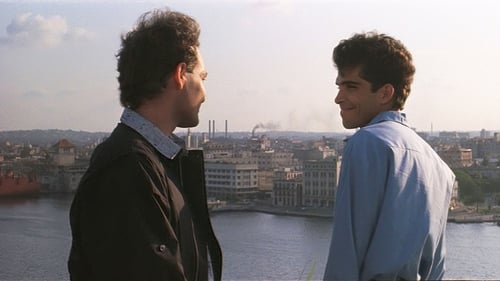
Havana, Cuba, 1979. Flamboyantly gay artist Diego (Jorge Perugorría) attempts to seduce the straight and strait-laced David, an idealistic young communist, and fails dismally. But David conspires to become friends with Diego so he can monitor the artist's subversive life for the state. As Diego and David discuss politics, individuality and personal expression in Castro's Cuba, a genuine friendship develops between the two. But can it last? Strawberry and Chocolate became an instant hit when it was released, and has become a classic of Cuban cinema due to its charming and authentic exploration of a connection between two people under historical circumstances that seem levelled against them.

A filmmaker recalls his childhood, when he fell in love with the movies at his village's theater and formed a deep friendship with the theater's projectionist.

Javier Argüelles, an opportunistic young man from Cuban middle class, survives all kind of political changes in Havana, from 1932 to 1959, while his brother Darío is persecuted and killed because of his leftist ideas.

Ruben lives in Cuba and Andy is exile in the United States. Both are trapped by history at opposite poles and want to change places, but they can't do it.

Pedro is a young peasant who leaves home to join the Rebel Army, based in Sierra Maestra.

In 1914, during World Ward I, Amada, a bourgeois wife, falls in love with her cousin Marcial, a young idealist who is fighting against the Cuban regime in power.




























